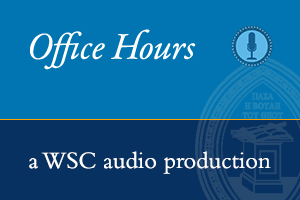If you are a regular listener to Office Hours then you are probably a regular listener to sermons. If not, perhaps we should talk about that. You might be a preacher of sermons. Either way, at least 52 times a year, for . . . Continue reading →
Office Hours: Stephen Nichols On Christian Education In The Late Modern Age
One might not know it to look at them now but it was orthodox Christians who built some of the greatest educational institutions in the world. The universities in Paris and Oxford were founded by Christians who believed the historic Christian faith. . . . Continue reading →

